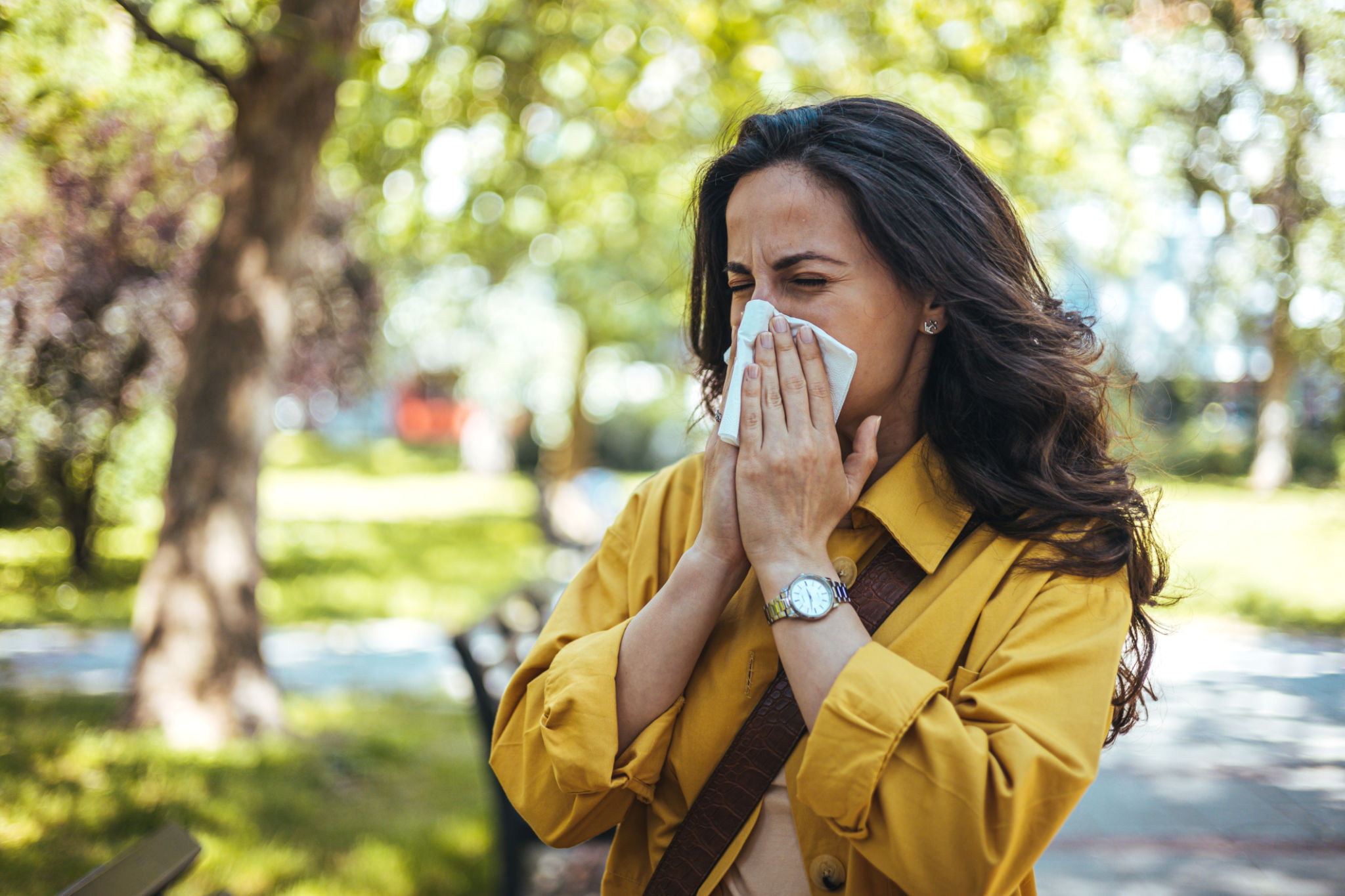Preparing for Seasonal Allergies: Tips for Arlington Families
Understanding Seasonal Allergies
As spring approaches, families in Arlington often brace themselves for the onset of seasonal allergies. These allergies are commonly triggered by pollen from trees, grasses, and weeds, leading to symptoms like sneezing, runny noses, and itchy eyes. Understanding the causes and symptoms is the first step in effectively managing and minimizing their impact.
Pollen levels can vary depending on the weather conditions and local plant life. It's important for families to be informed about the daily pollen counts and adjust their outdoor activities accordingly. Many local weather websites and apps offer this information, which can help you plan outings and reduce exposure on high pollen days.

Create an Allergy-Free Home Environment
One of the best ways to combat seasonal allergies is by creating a safe haven at home. Implementing a few changes can significantly reduce allergens indoors. Regularly cleaning and dusting surfaces, especially in areas where dust tends to accumulate, can make a significant difference.
Consider investing in a high-efficiency particulate air (HEPA) filter for your home. These filters are designed to trap tiny particles, including pollen, that may enter your living space. Additionally, keeping windows closed during high pollen days and using air conditioning can help maintain a pollen-free environment.

Effective Allergy Medications
For many families, over-the-counter medications can provide relief from allergy symptoms. Antihistamines, decongestants, and nasal sprays are commonly used to manage symptoms effectively. However, it's crucial to consult with a healthcare provider before starting any new medication, especially for children, to ensure it's safe and appropriate.
Some individuals may benefit from allergy shots or immunotherapy, which gradually desensitizes the immune system to specific allergens. This treatment is usually recommended for those with severe allergies or when other medications do not provide sufficient relief.

Nutritional Support for Allergy Management
Dietary choices can also play a role in managing seasonal allergies. Certain foods are known to have anti-inflammatory properties that may help alleviate symptoms. Incorporating foods rich in omega-3 fatty acids, such as fish, walnuts, and flaxseeds, can be beneficial.
Additionally, consuming foods high in vitamin C, like citrus fruits and broccoli, can support the immune system and potentially reduce allergy symptoms. Staying well-hydrated is also important as it helps thin mucus in the airways, making it easier to breathe.
Outdoor Activities and Allergies
While it's essential to enjoy outdoor activities, families should be strategic about when to engage in them during allergy season. Plan outings for times when pollen counts are lower, such as after a rainstorm or in the late afternoon when pollen levels typically decrease.
Wearing sunglasses and hats can help protect eyes from pollen exposure. After spending time outside, changing clothes and showering can remove any pollen that may have settled on your body or hair.

Consulting with Healthcare Professionals
If allergy symptoms persist despite preventive measures, it may be time to consult with an allergist or healthcare professional. They can provide personalized advice and treatment options based on individual needs and medical history.
In conclusion, while seasonal allergies can be a challenge for Arlington families, understanding triggers and implementing these practical strategies can help ease symptoms and improve quality of life during allergy season.
